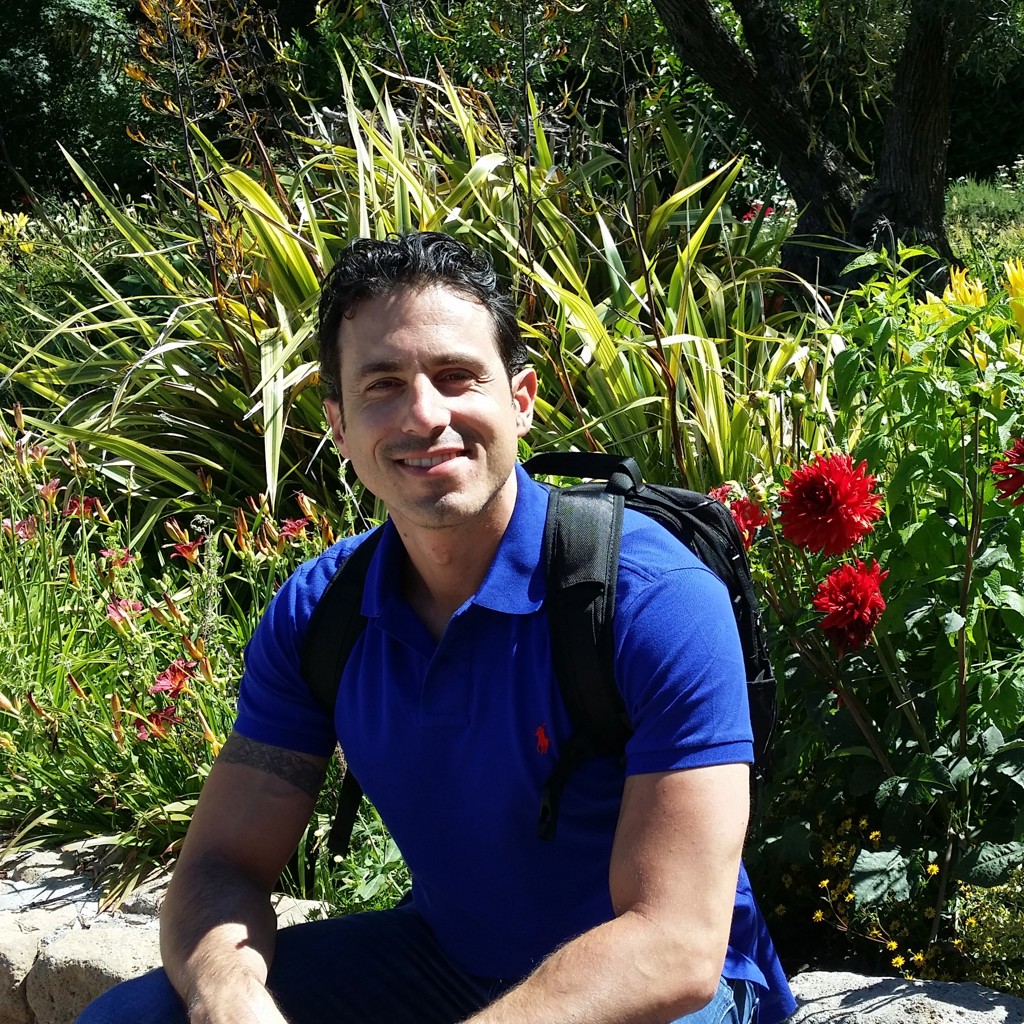Andrea Fratalocchi
King Abdullah University of Science and Technology, Saudi ArabiaFor pioneering innovations in the use of complex optical systems and the development of creative technologies in clean energy harvesting, bio-imaging, and advanced optical materials.

Andrea Fratalocchi always wanted to be a scientist, inspired by both the universal language of math and the opportunity for science to enable the development of a better society. In evolving into the scientist he is today, Andrea has learned to turn challenges into opportunities and negatives into positives using passion and perseverance. His biggest obstacle has been unprofessional reviews of his work. However, he comments that "You simply keep increasing the impact of what you do until not even the most unprofessional Referee can say anything." He goes on, “It does not matter what type of obstacle you encounter, if you address it positively, you can transform the worst of experiences into a positive stimulus to provide excellence.” During his career, his research's relevance and possibility have sometimes been challenged, but he says that this is not so much an issue today. He says, "it makes me excited, the fact that now I am in a stage where this research is providing so many applications in so many different sectors. It is like this research opened a narrow window on a new area, packed with so many possible discoveries to keep us busy for generations."
Andrea is a leader in the study of complex systems-physical systems that are generally unpredictable and depend on a multitude of interacting degrees of freedom. His goal is to transform them into "sustainable technologies that tackle contemporary problems of global interest, ranging from energy harvesting to clean water production, artificial intelligence, global warming, security, and so on." The list of examples of these systems includes chaos, brain functions, intelligence, and much more. Despite the broad range, all complex systems share a "common denominator: extreme efficiency and sustainability." These qualities make these systems so attractive to Andrea and many other researchers, but that certainly does not make these systems easy to grasp. He explains, "the challenge is to move from conventional linear sequential thinking to a more sophisticated, parallel reasoning in multiple dimensions. Changing the way we think and perceive reality is the biggest challenge to overcome for anybody who wants to work in this field."
His career has been influenced and helped by many colleagues, mentors, and pioneer scientists in his field, including Fellow Federico Capasso. However, one of his favorite lessons came from Claudio Conti, University of Sapienza, an early colleague of Andrea’s. It was the “Spaghetti Lesson.” This story revolves around a single spaghetto and a sophisticated research effort into how the spaghetto breaks-when held at the ends; the spaghetto will always break into three pieces, never two. Conti kept a single spaghetto on his desk to remind him that "if two scientists were able to create a great discovery out a single spaghetto, I should never complain about resources and be able to create great physics from anything." Andrea has learned this, as well. Andrea also draws on wisdom from J. W. Gibbs: "One of the principal objects of research in my department of knowledge is finding the point of view from which the subject appears in the greatest simplicity." In his work, Andrea strives to focus on simplicity, despite the complexity of his research topic.
As a group leader himself, Andrea now has the opportunity to advise young researchers. He advises young scientists to "search exhaustively" before deciding on a PhD or any other path. More whimsically, he says, “Never give up on your dreams.”
Photo Credit: Andrea Fratalocchi
Profile written by Samantha Hornback
